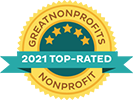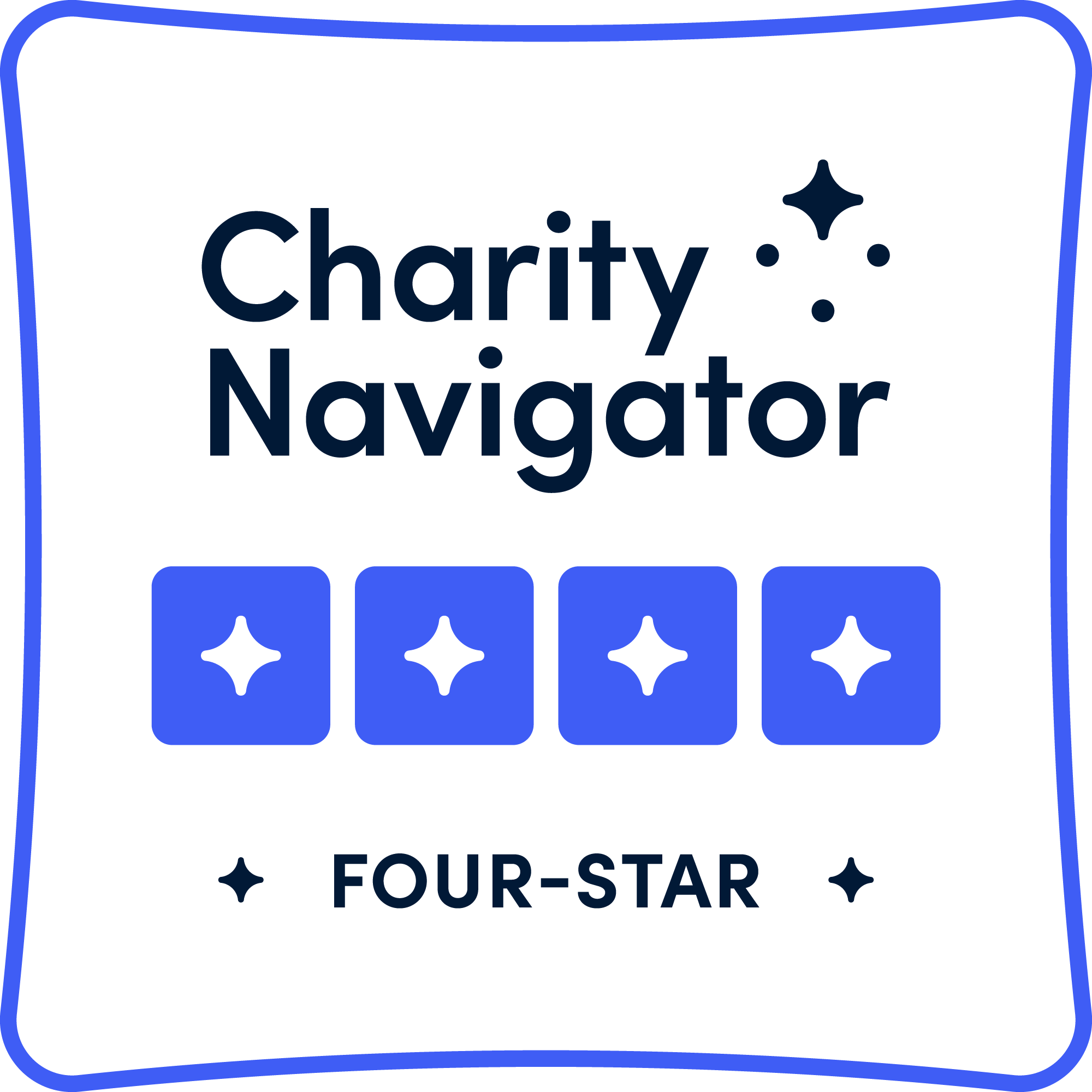Category: Patient Support
Sorry, no posts matched your criteria.
Sorry, no posts matched your criteria.

AMYLOIDOSIS RESEARCH CONSORTIUM, INC.
320 Nevada Street, Suite 210 Newton, MA 02460 USA | 617-467-5170
support@arci.org
ARC is a 501(c)(3) nonprofit organization. Tax ID: 47-2589708
©2025 ARC – Amyloidosis Research Consortium, Inc. All rights reserved.


ARC’s CEO, Isabelle Lousada, was told she had just weeks to live when she was diagnosed with AL Amyloidosis 25 years ago. A dedicated team of physicians at Boston Medical Center performed an experimental stem cell transplant, making Isabelle only the 14th person in the world to undergo this procedure for AL Amyloidosis. Isabelle made a remarkable recovery and has dedicated her life to advancing research and improving the lives of other amyloidosis patients.
At just 31 years old, Isabelle, who had been diagnosed years earlier with chronic fatigue syndrome as a result of a severe viral infection, was experiencing slowly progressive symptoms that she brushed off, such as fatigue, neuropathy, swelling of the feet and ankles, and abdominal pain. Her symptoms progressed slowly, and her general practitioner did not seem overly concerned, so she wasn’t too alarmed. One day, Isabelle’s brother-in-law, a physician, saw that Isabelle was clutching her side in pain and suspected something might be very wrong, so insisted he take her to the emergency room. Initial testing showed that Isabelle’s liver was enlarged, although it took another 3 months of tests in the UK to determine the cause and receive the diagnosis of AL amyloidosis. By this time, many of Isabelle’s other organs were also affected, including her heart, kidneys, and spleen. Isabelle was extremely sick and weak, she had an initial course of treatment at the UK’s National Amyloidosis Center, but severe side effects made continuing treatment unfeasible. Isabelle’s brother-in-law learned about the program at Boston Medical Center and arranged for her transfer. Under the care of Dr. Comenzo, Isabelle underwent a stem cell transplant that, at the time, was considered experimental. Isabelle responded exceptionally well to the treatment. She achieved a complete response, and over time her organ functions started to improve, and she regained full health.

Isabelle discovered through the extreme experiences of her journey, the many gaps in information available, lack of awareness in general and within healthcare circles, how little research was being devoted to the disease. Isabelle has spent many years involved with a number of amyloidosis and myeloma foundations. In 2015, with the lessons of her experiences and a passion to improve the lives of all patients, Isabelle created the Amyloidosis Research Consortium (ARC).
Today, we sit down with Isabelle to celebrate her 25 years in remission and learn more about her journey, ARC’s accomplishments, and what the future has in store.
Q: First of all, congratulations on 25 years! What are some of the biggest differences from when you were diagnosed and treated to today?
When I was diagnosed, there were almost no treatment options, and the outlook was very bleak. We had no idea that if the amyloid-producing factory could be stopped, would the existing deposits clear up over time and could affected organs regain function? Stem cell transplants and most treatment regimens were not available. We have come a long way. It was really a momentous day earlier this year when the first treatment for AL amyloidosis, daratumumab, received FDA approval. However, there is still a long way to go for all types of amyloidosis, as treatments can be difficult to tolerate and have long-lasting side effects. We need more treatment options to stop the production of amyloid and treatments that target the amyloid deposits, and alternatives for patients who don’t benefit from or who relapse on the currently available treatments.
Q: What did you learn from your experience with amyloidosis?
While what I went through was absolutely devastating, I learned so much. I learned to be a fighter, to not give up, to not take no for an answer, and to see possibility even when there seemed to be no hope. I was told there was almost no chance I would survive, I was told I would never have children, and I would probably need ongoing treatment. Twenty-five years later I have had no further treatment and I have the most wonderful family, built through adoption.
It definitely changed my outlook on life – I don’t worry so much about the small things, and it gave me a drive and sense of urgency to fight for what really matters.
Q: What keeps you advocating for patients day in and day out?
I was shocked as a patient to learn what a terrifying and alienating experience it was to be diagnosed with amyloidosis. There was no information available about the disease, no one to talk to or support my husband and I as we were faced with making life-changing decisions. If I had not had a physician in my family, I would not have been able to find out about the stem cell transplant study that saved my life. This was really the driver for me, I did not want anyone else to go through the experience I had.
Twenty-five years on patients still do not have access to all the information they need to make the best treatment decisions. Inequities and health care disparities are still creating significant additional barriers for many. For anyone with a disease like amyloidosis, facing their disease and those disparities is that much more challenging. ARC is doing everything possible to remove any barriers to obtaining accurate timely diagnosis, quality information and access to the best treatments available.
Q: What drove you to form the Amyloidosis Research Consortium?
For many years, there was very little going on in the amyloidosis space. However, in the past decade, that has changed significantly. With a growing number of pharmaceutical companies interested in developing treatments, it was evident that there were barriers that were slowing down and even halting progress in the field.
Drug development is immensely complicated, involving many different stakeholders. It was clear that we needed to bring all these groups together to identify and address the barriers that were impeding of progress. Understanding and respecting the driving factors and interests of all stakeholders while always keeping the needs of patients front and center is key to ARC’s model and success. This mutually beneficial business approach can and is making inroads. Those barriers and these opportunities are what drove me to form ARC.
Q: What are some projects that ARC has championed over these past few years that you feel most proud of?
Every patient has a different and compelling story, yet science deals with data. One of the first things we set out to do at ARC was to find a way to use these stories, and patient experiences to generate data that would help inform drug development, and identify unmet needs for future research. This was ground-breaking work and resulted in ARC holding a Patient Focused Drug Development Meeting at the FDA. The meeting was a huge success and carved the path for other disease foundations to follow.
I am immensely proud of the role ARC has played in supporting the approval of four therapies for amyloidosis, and the ongoing work we do to ensure that patients can have affordable access to these treatments.
Q: What are some focus areas for ARC for 2021 and beyond?
In 2019 we were invited to create a Public Private Partnership with the FDA, this has resulted in the formation of the Amyloidosis Forum. The Amyloidosis Forum is a powerhouse of the leading minds in regulatory, industry, advocacy, academia and clinical care working closely with an impressive group of statisticians who are rigorously evaluating and proposing new and improved pathways for clinical research. It is incredibly exciting and humbling to see the commitment and energy of all the members, and the results that are being generated.
Amyloidosis are complex diseases, that often affect more than one organ system. Clinical trials were not doing a good job at comprehensively capturing the impact that treatments were having across different organ systems. We know how important it is to evaluate a person as a whole – it is the only way that we will get a true picture of the disease and impact of treatments. So, we set out to develop a Patient Reported Outcome tool (PRO) for use in ATTR amyloidosis. This has been a rigorous project and later this year the tool will be ready for validation.
This year we are launching a data sharing initiative that I believe will be a game changer. Patients understand the absolute need to share their data, and my hope is through this initiative we will break down the barriers that make data sharing difficult. Data is a vital weapon against amyloidosis, which is why such a large-scale data collection and aggregation effort is necessary. This will provide information to accelerate the pace of biomedical research, inform critical treatment decisions and find better and more precise treatments for patients.
ARC is continuing to grow from strength to strength. We have an amazing, talented team at ARC, who really form the backbone of all that we do. I am so grateful for the continued and growing commitment of all of our collaborators and supporters.
